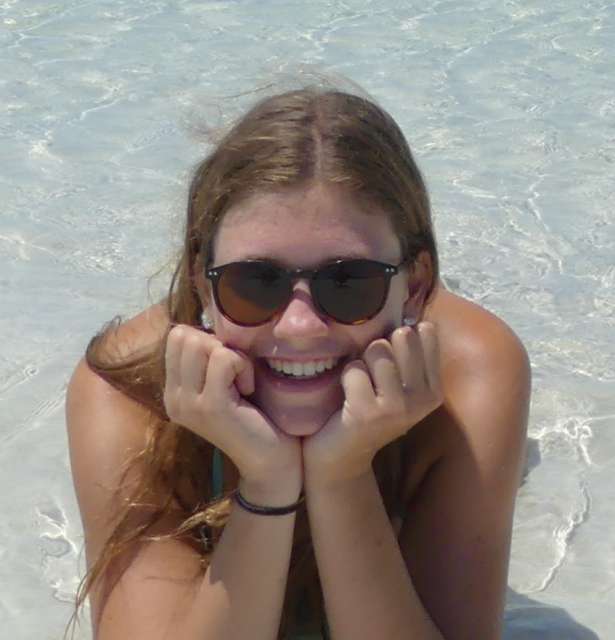Christchurch Sightseeing Day 1
Ebifulumiziddwa: 20.02.2017
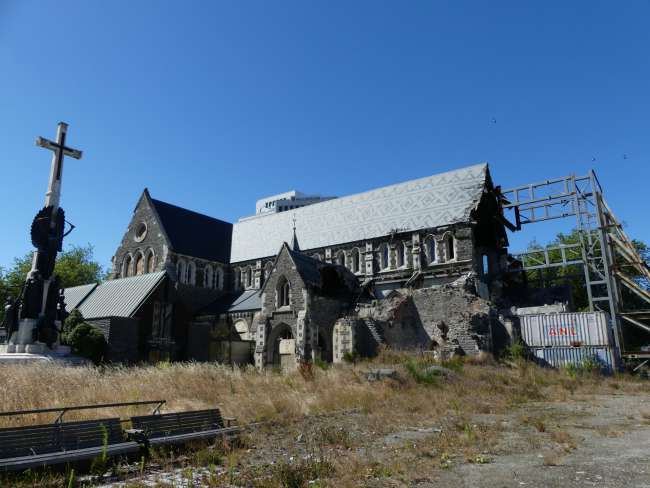
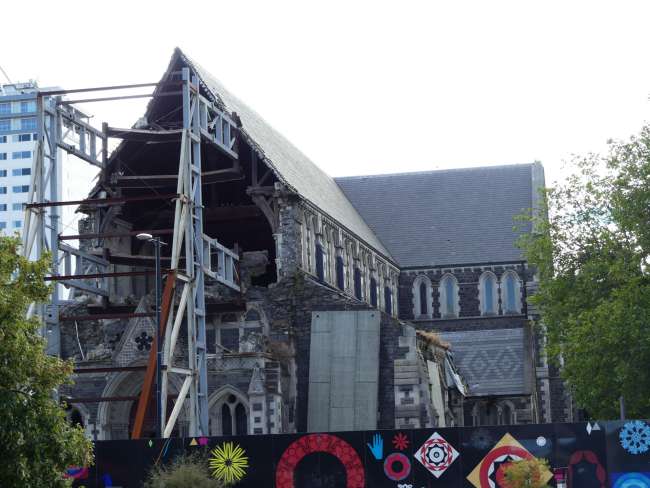
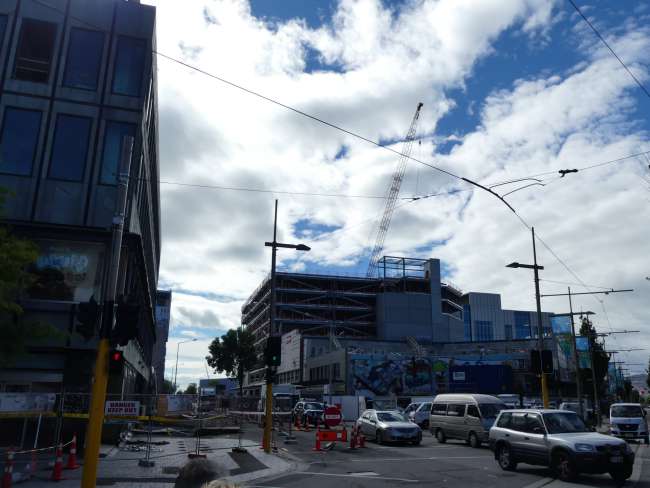
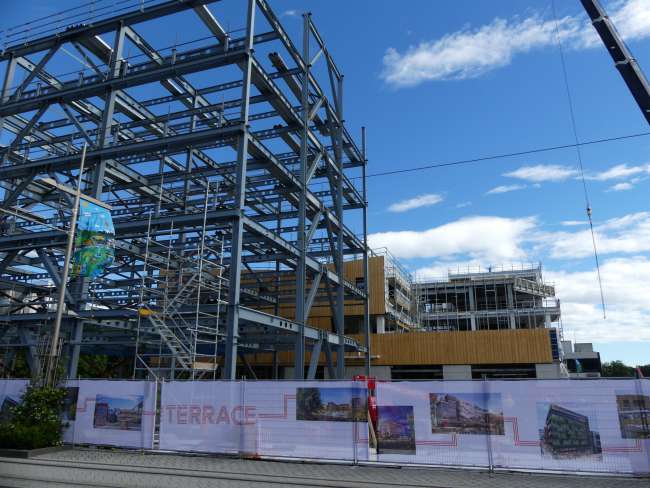
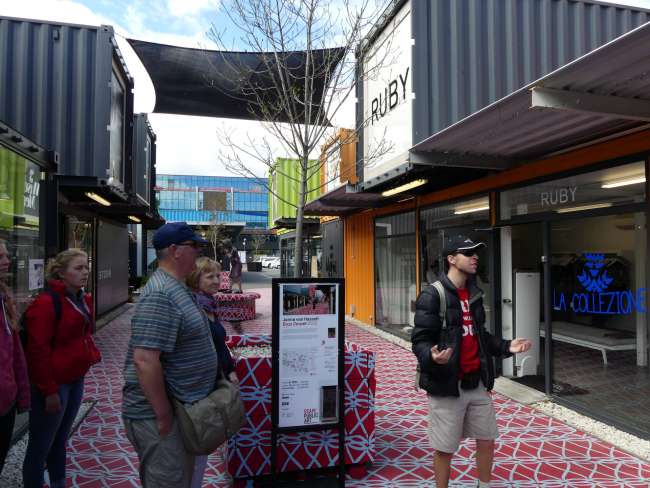
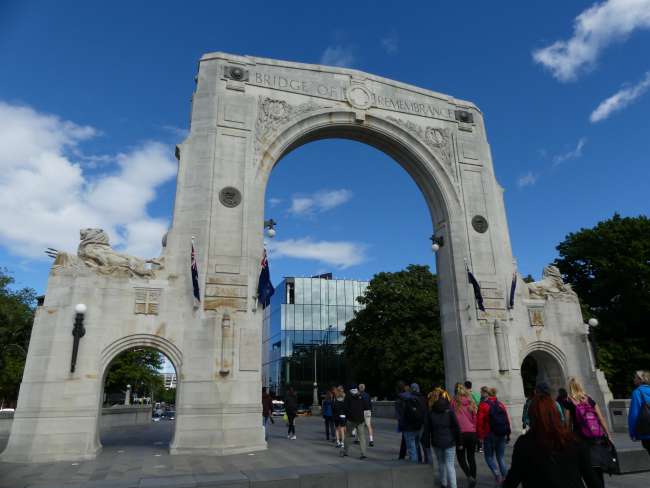
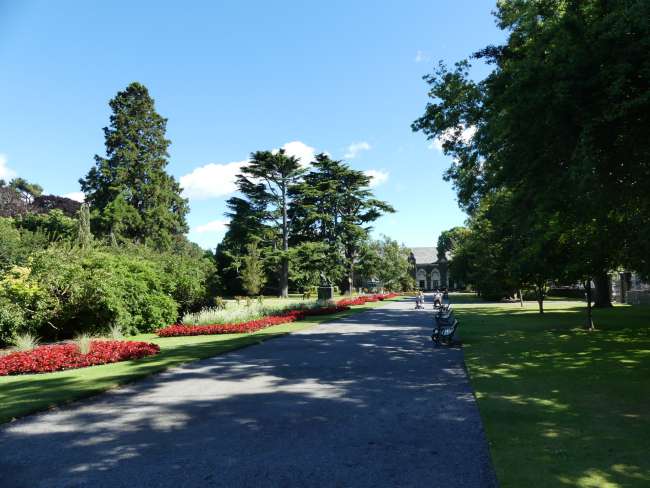
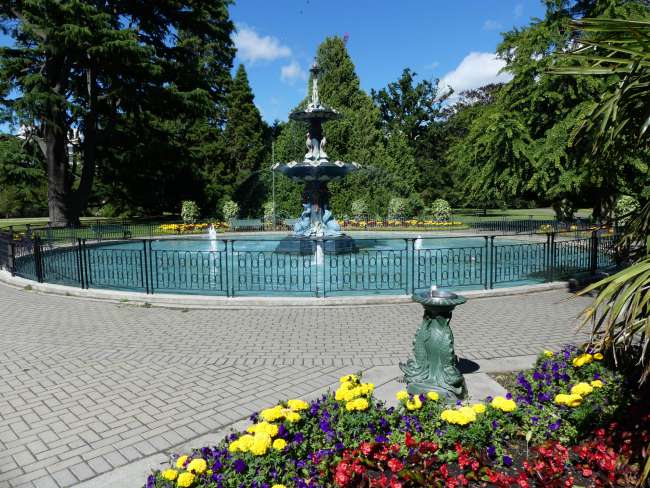
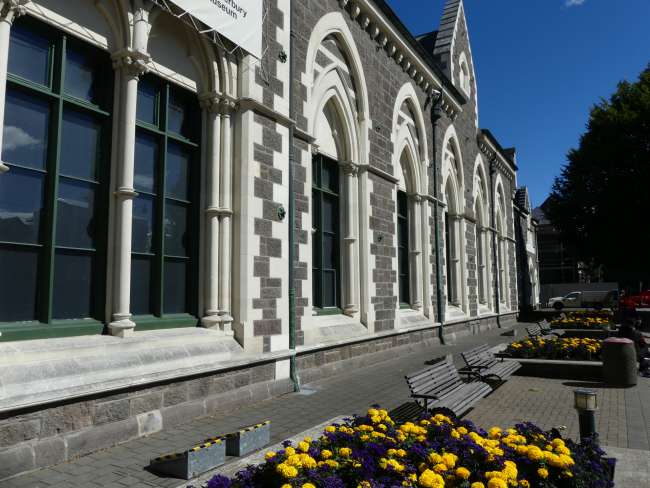
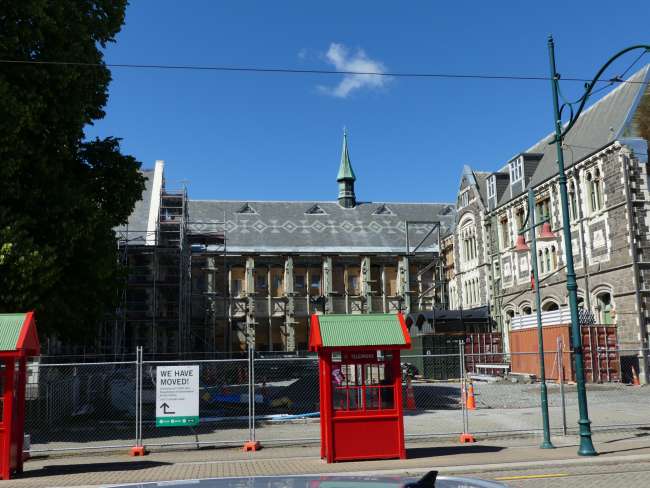
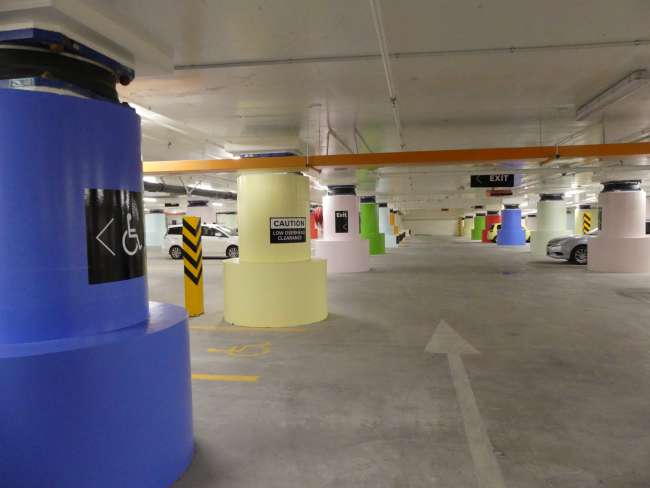
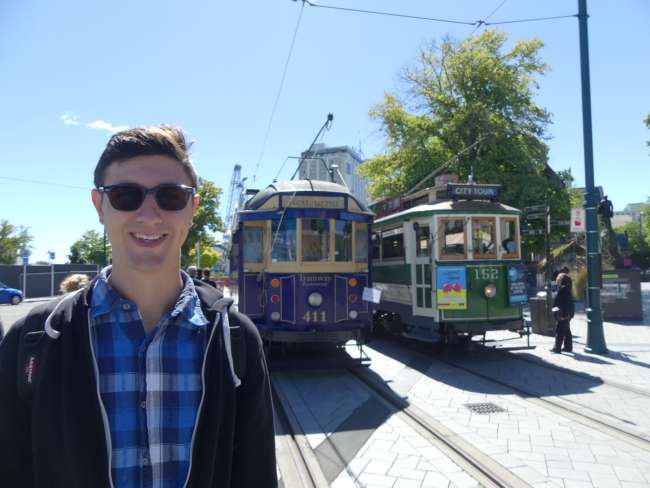
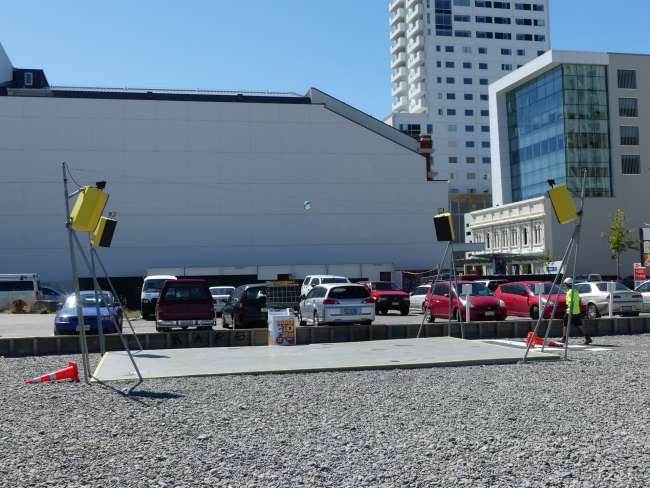
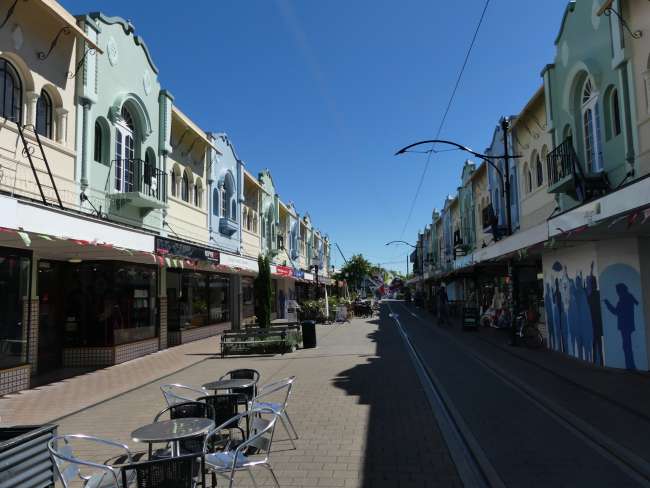
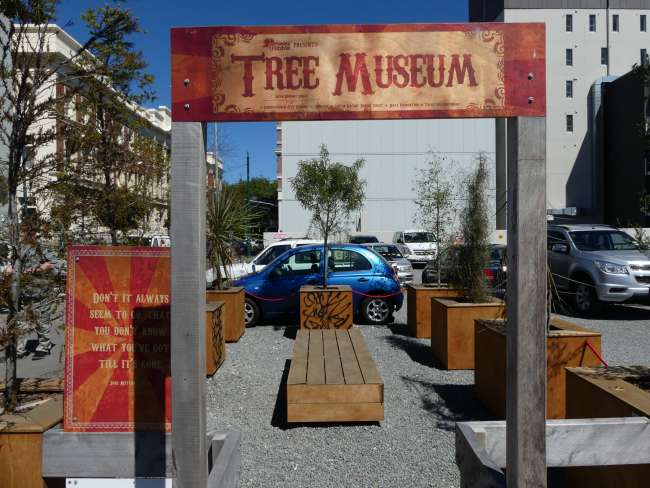
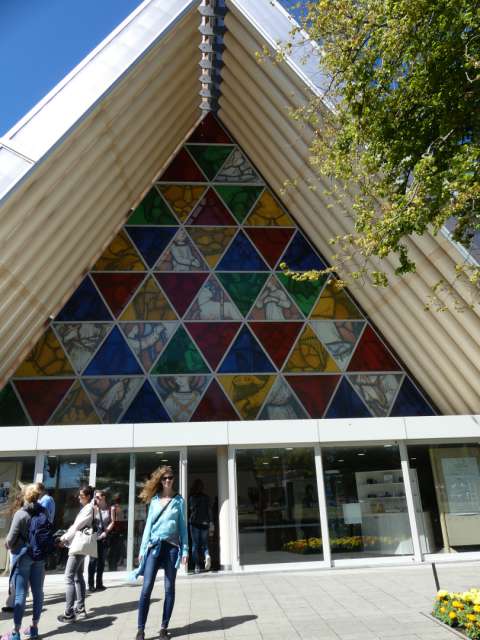
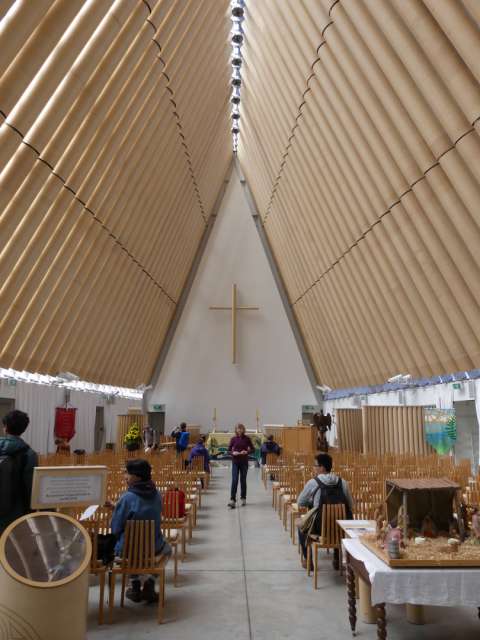
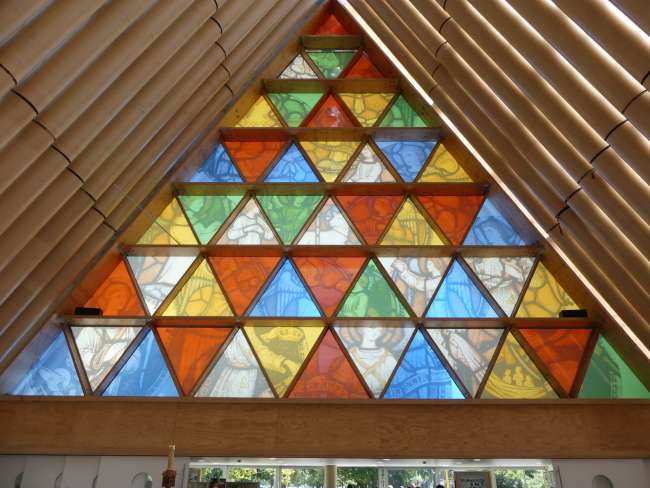
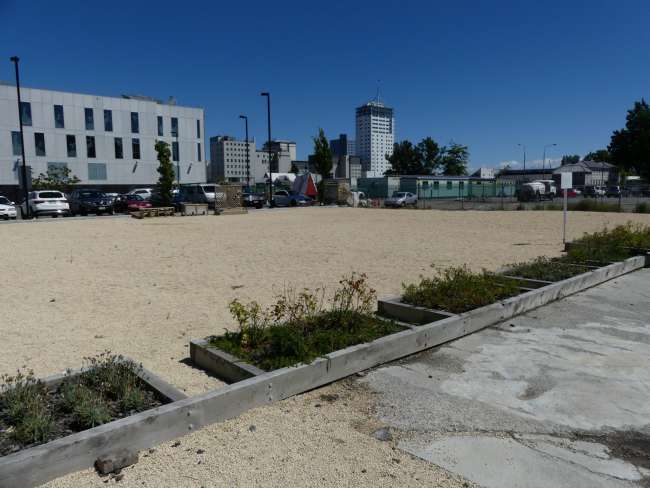
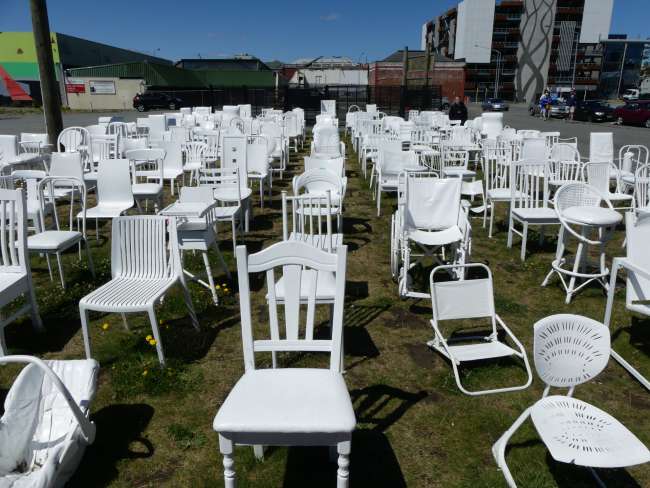
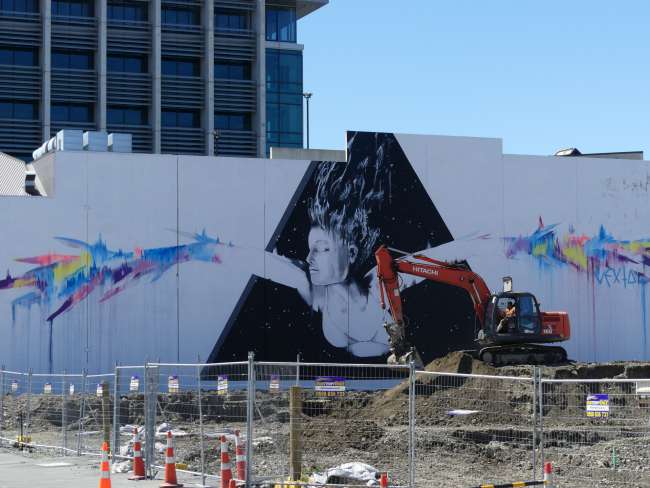
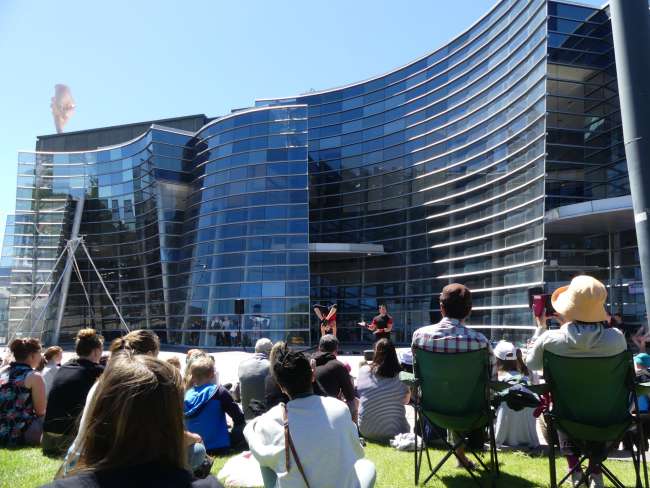
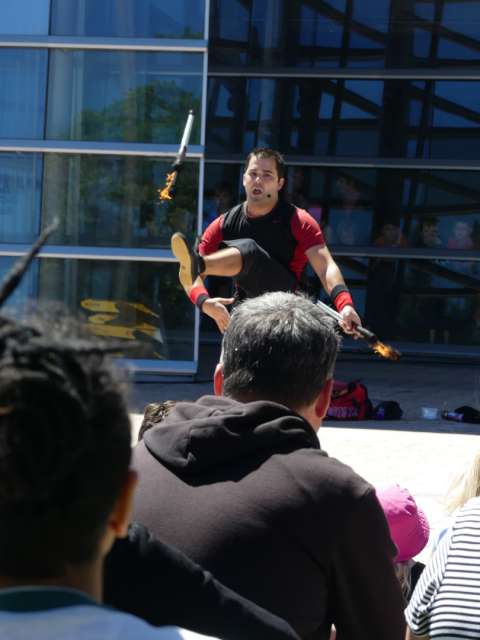
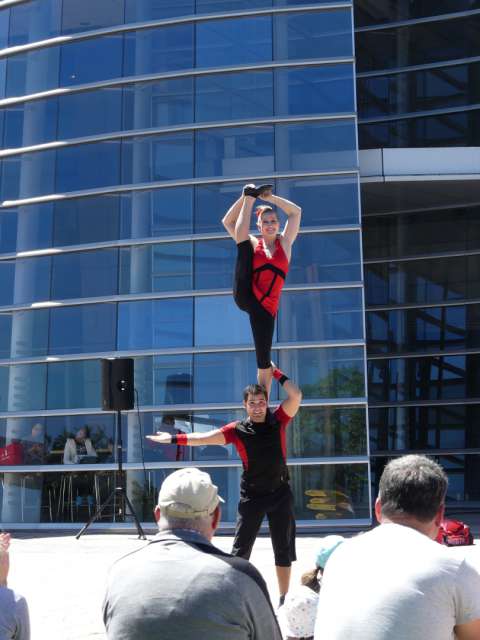
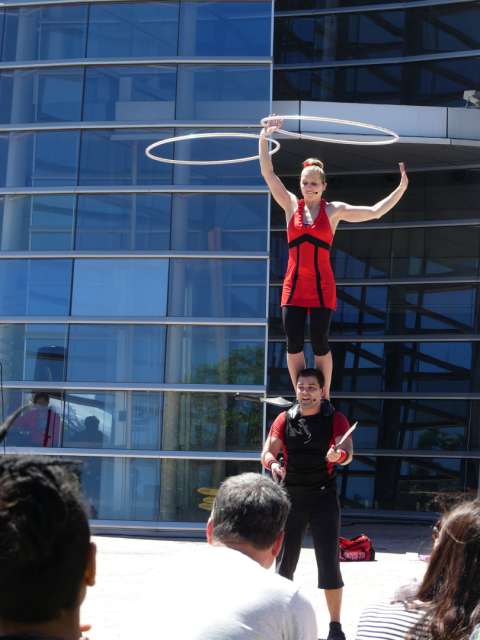
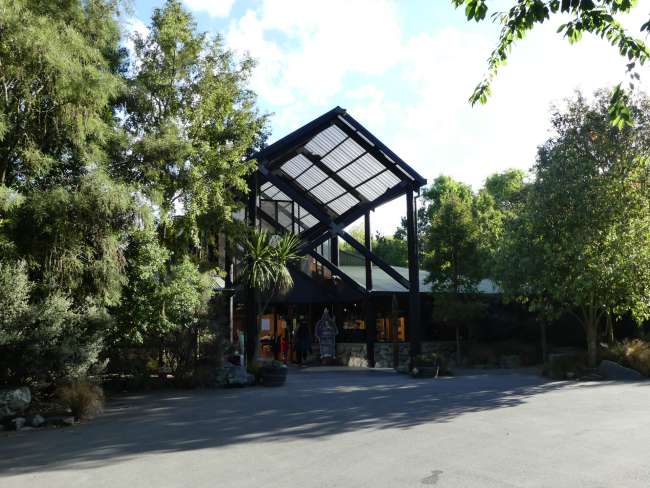
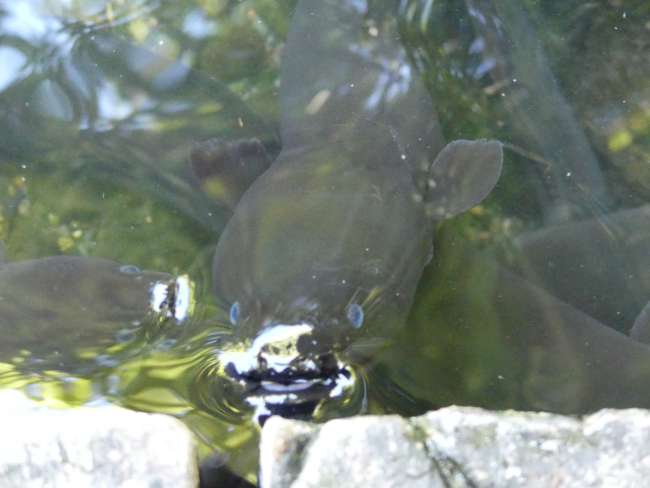
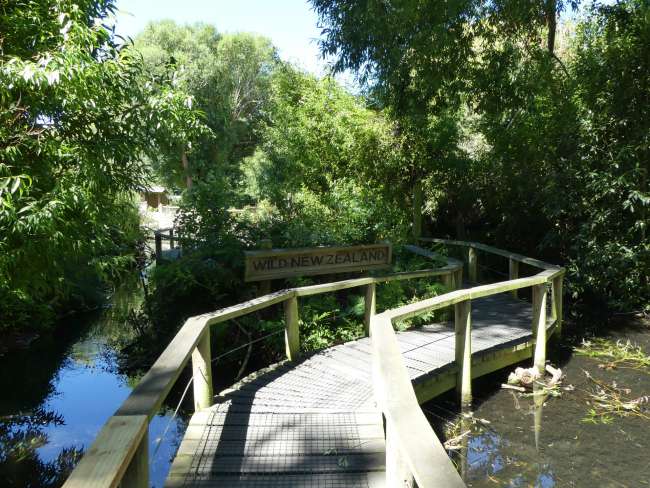
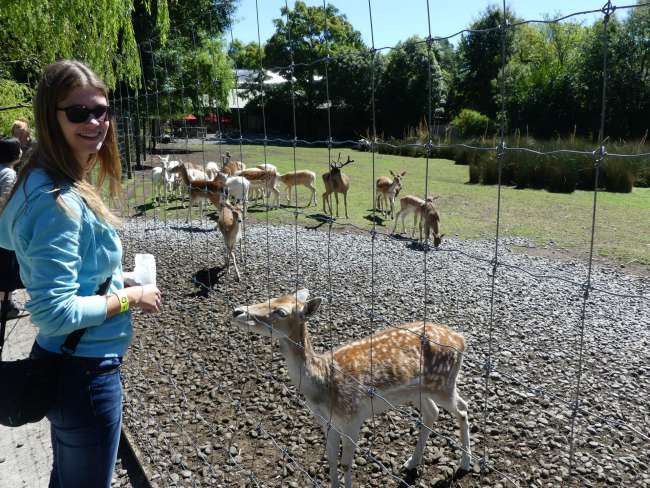
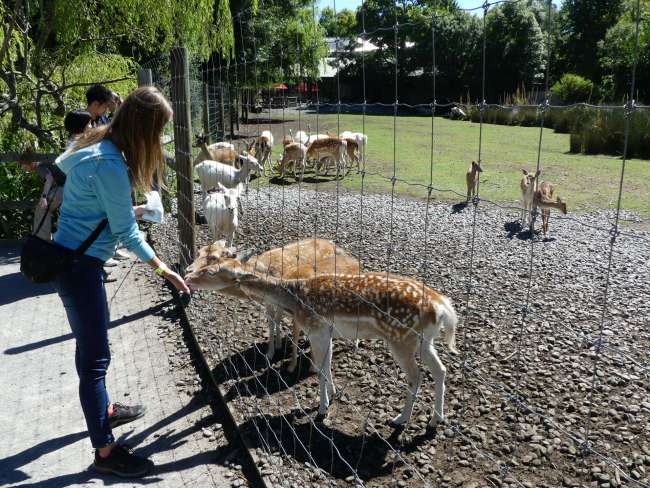
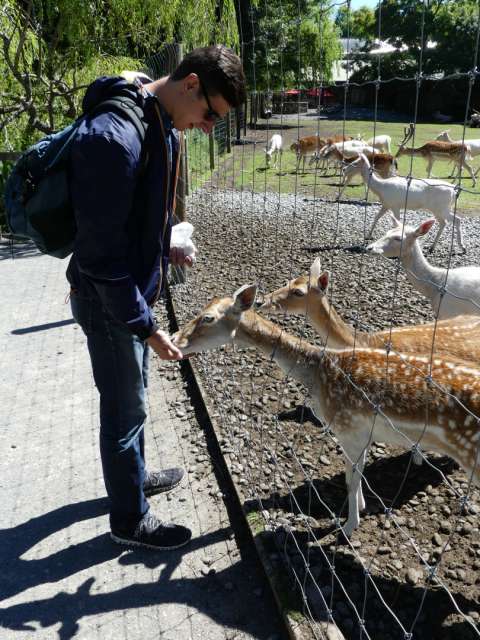
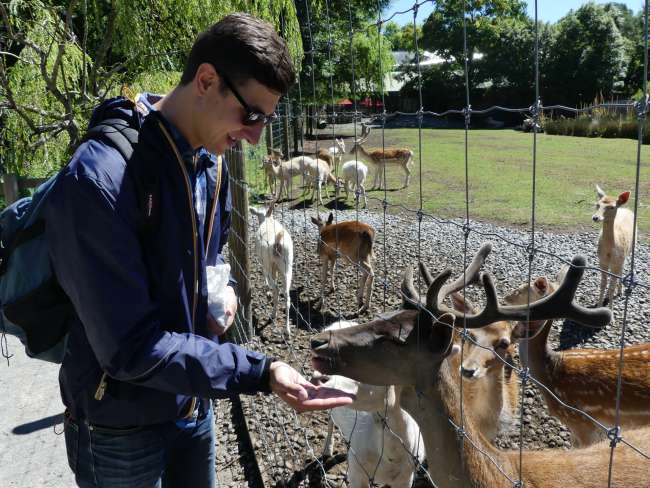
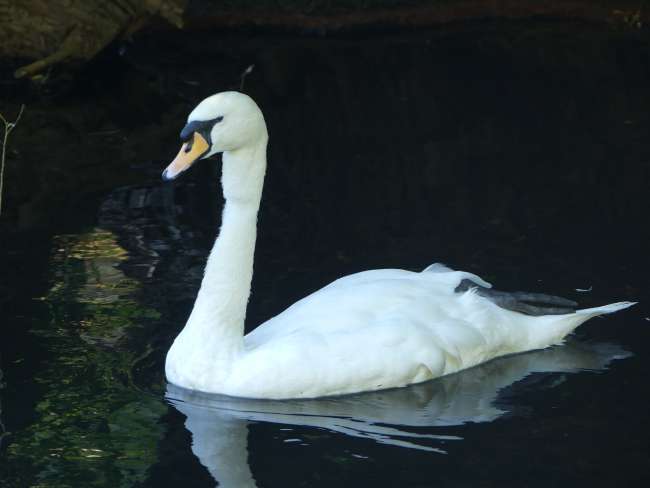
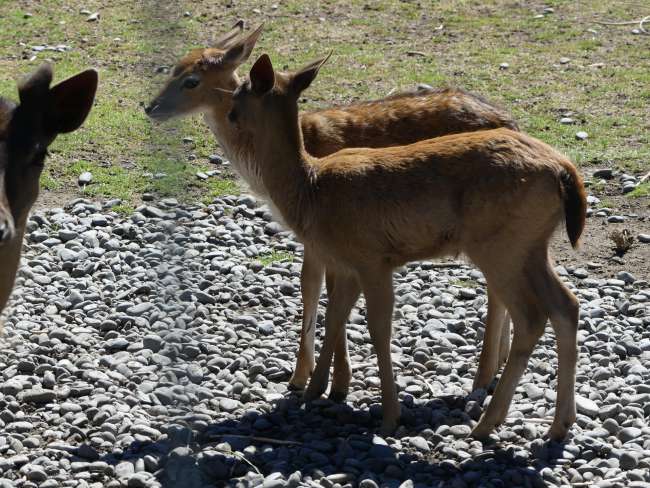
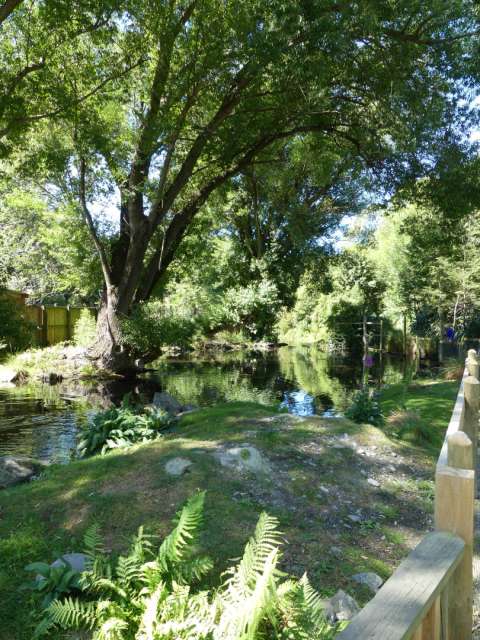
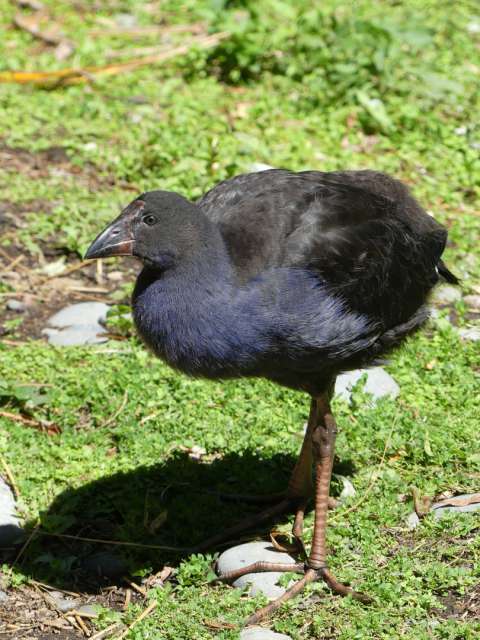
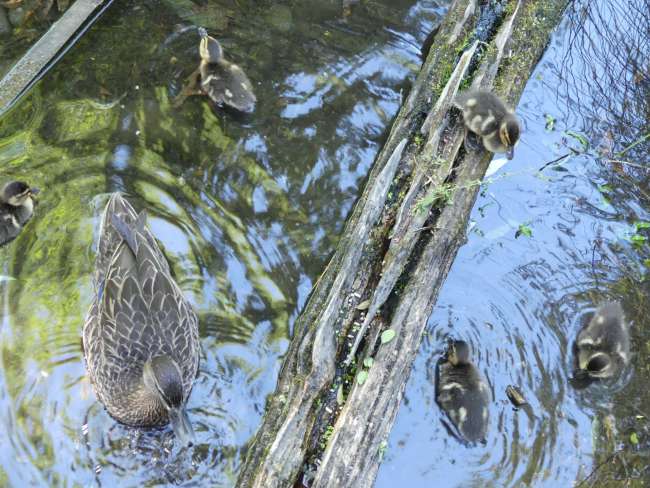
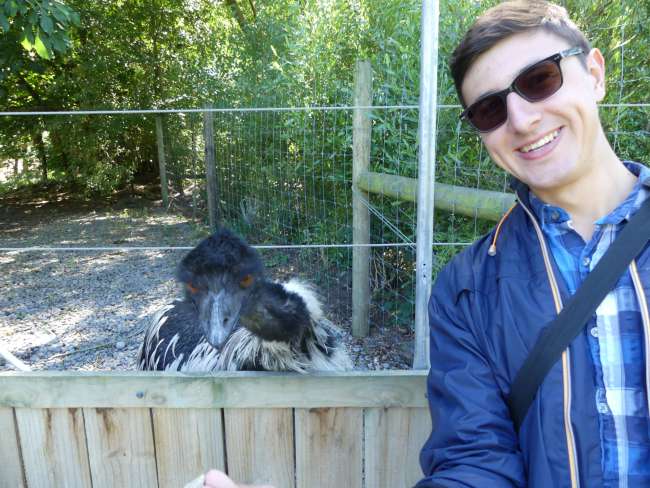
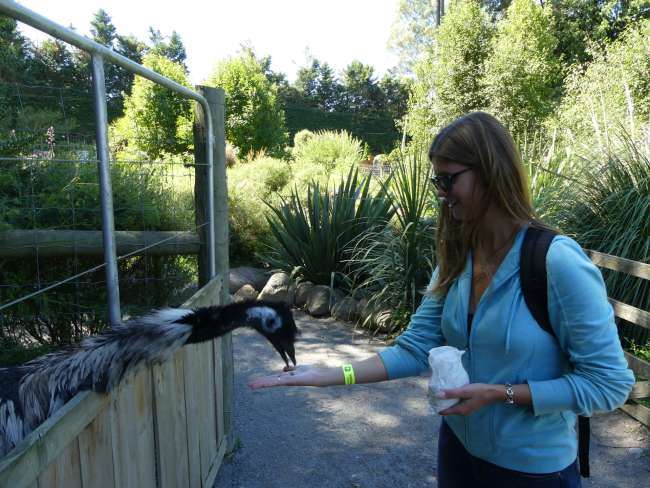
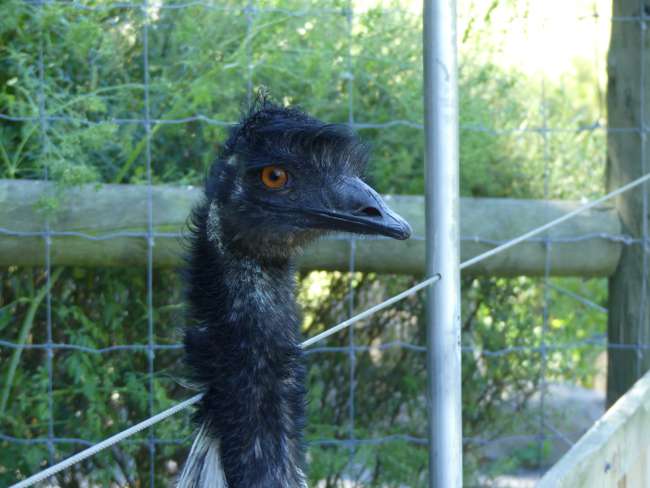
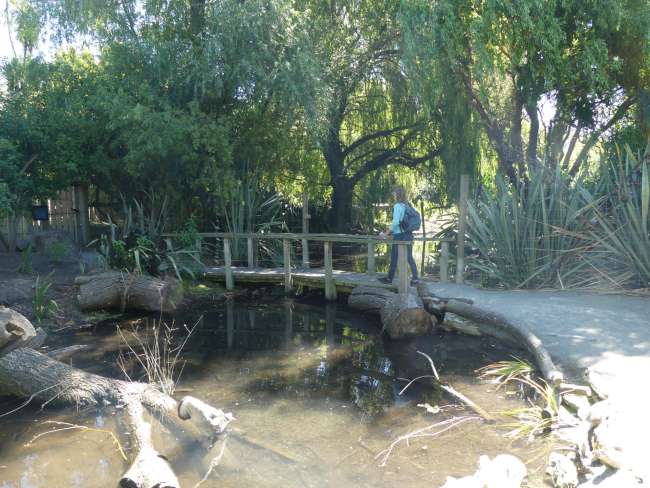
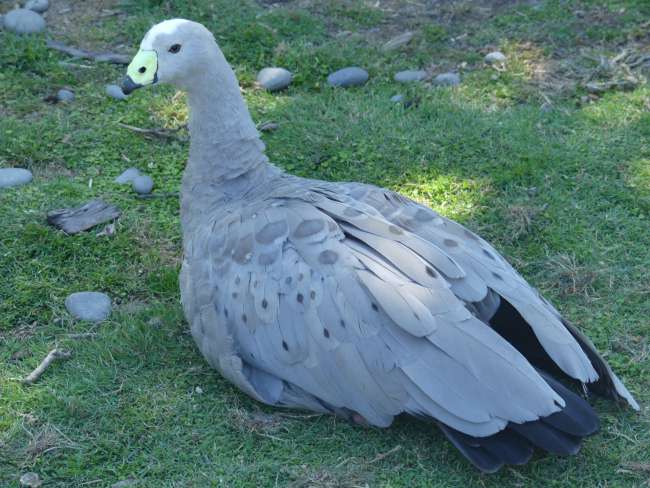
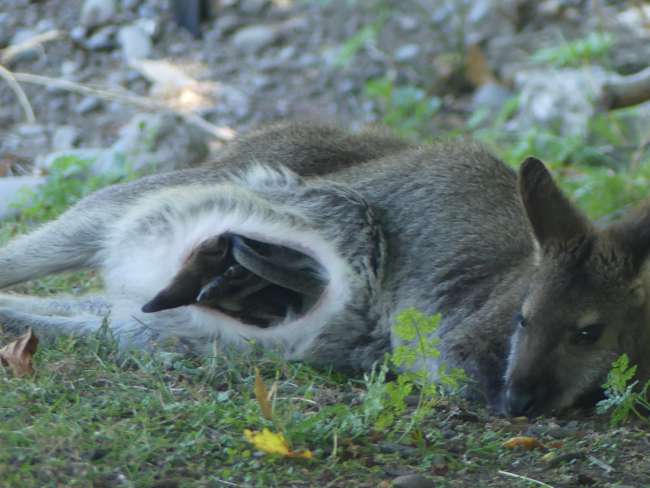
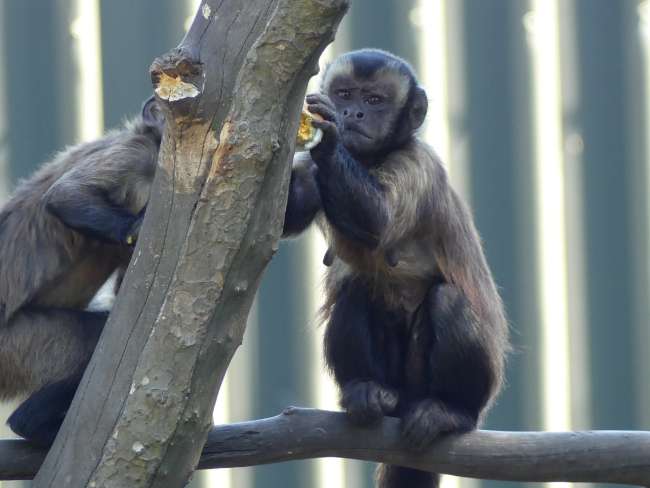
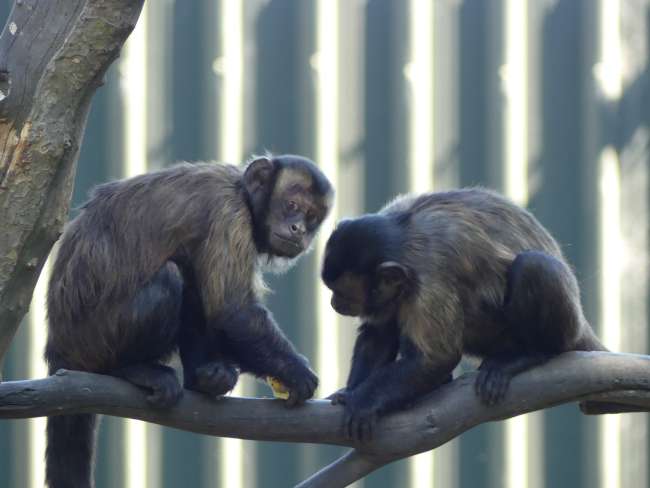
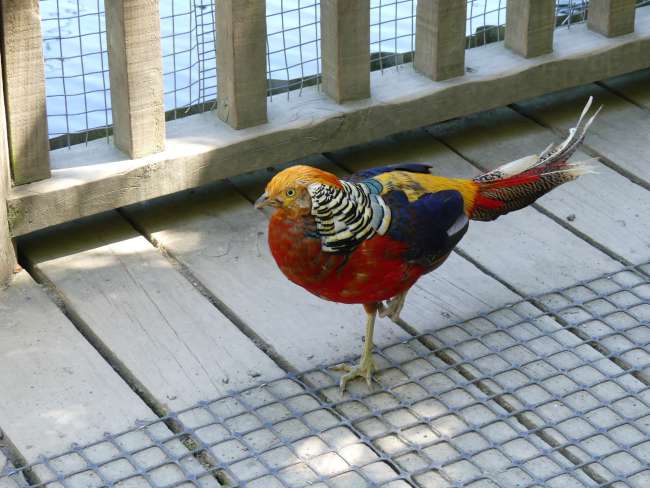
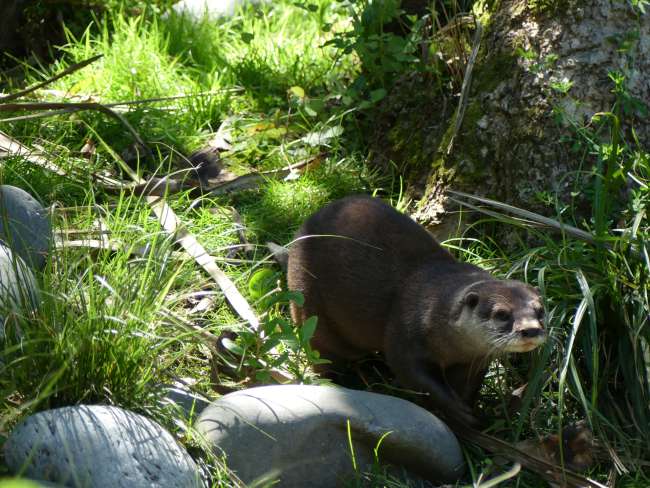
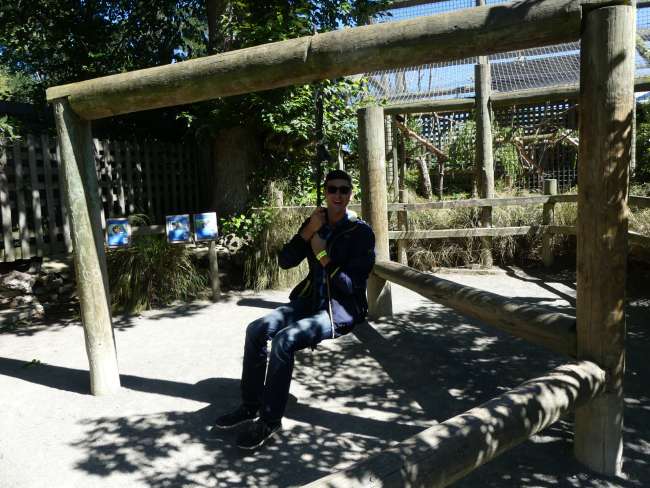
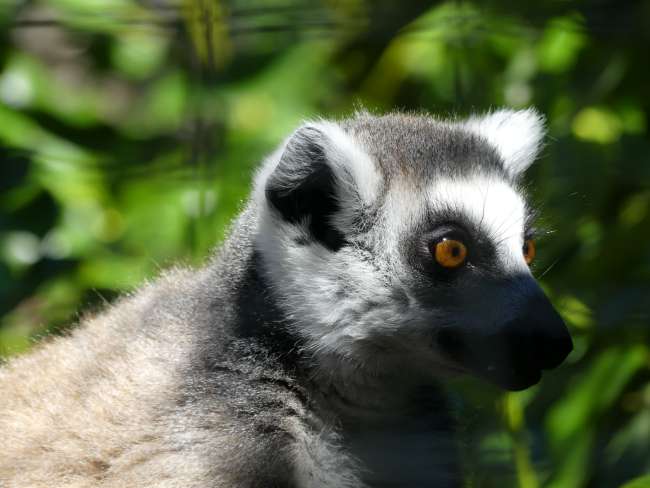
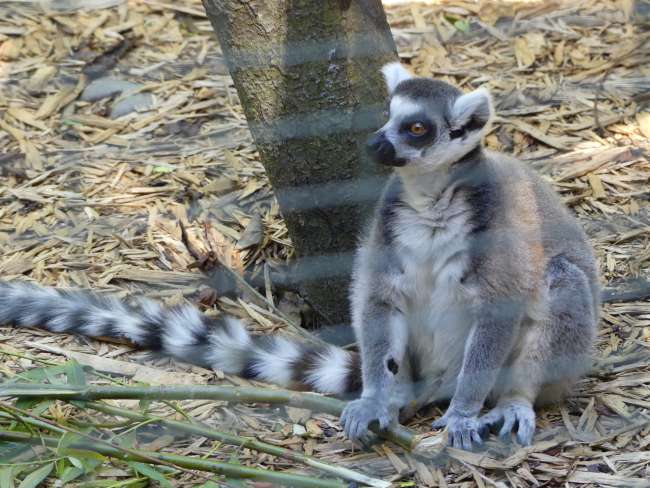
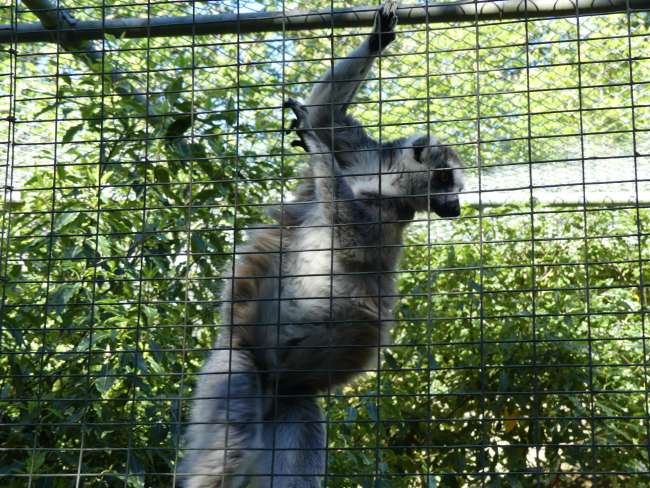
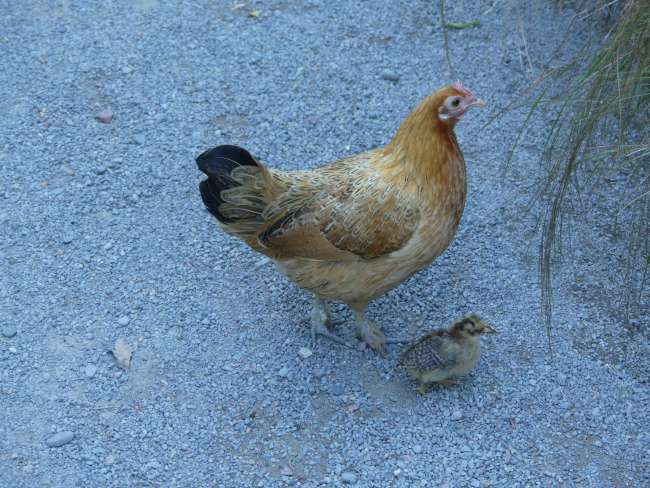
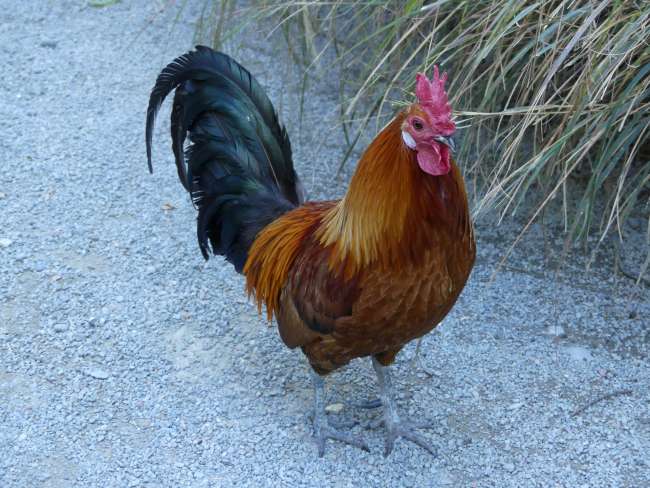
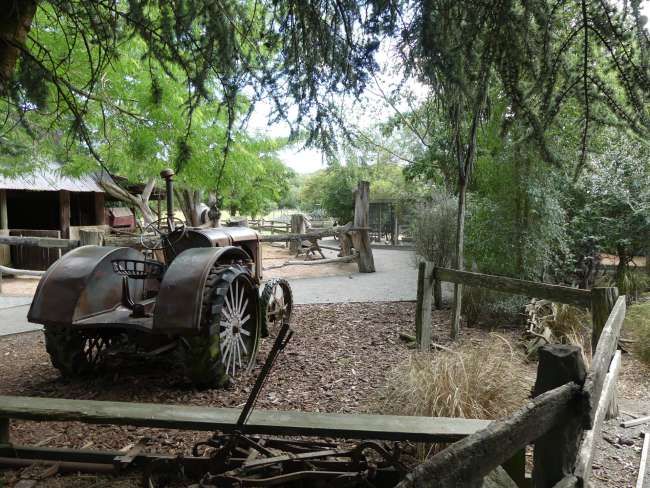
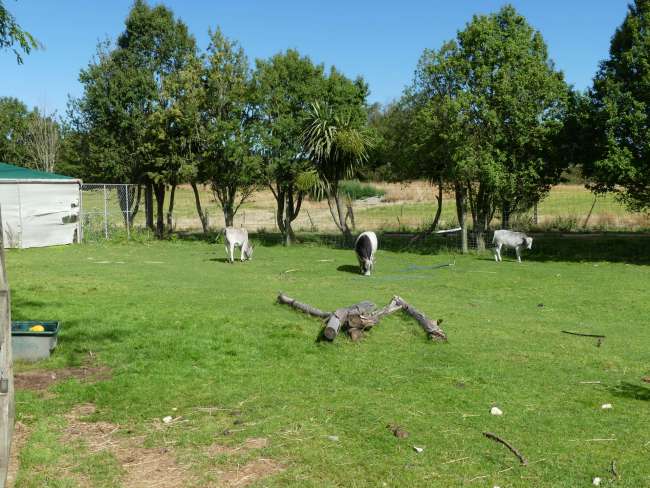
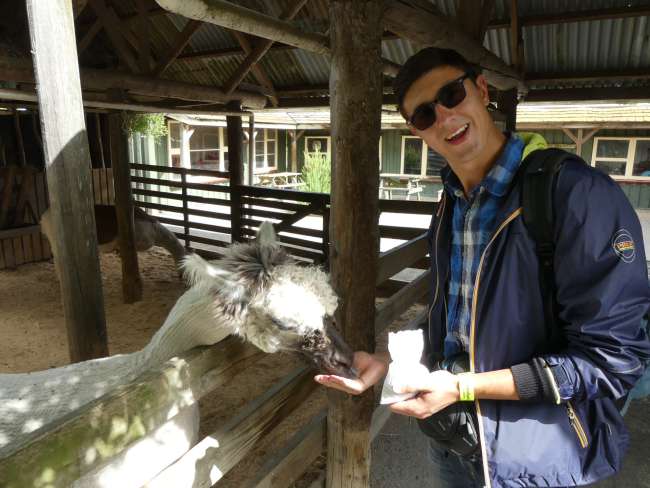
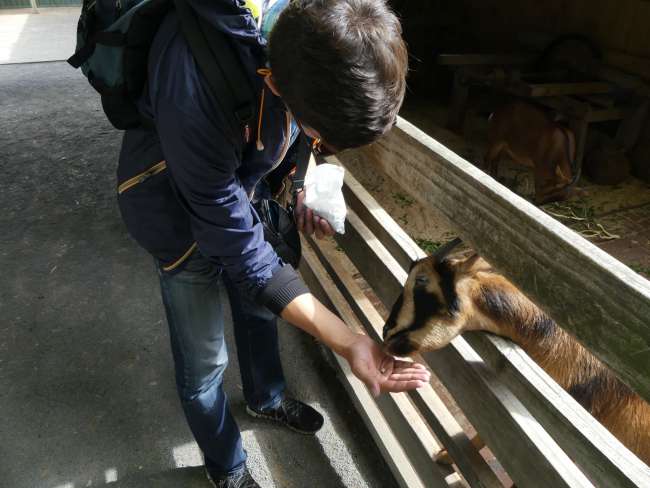
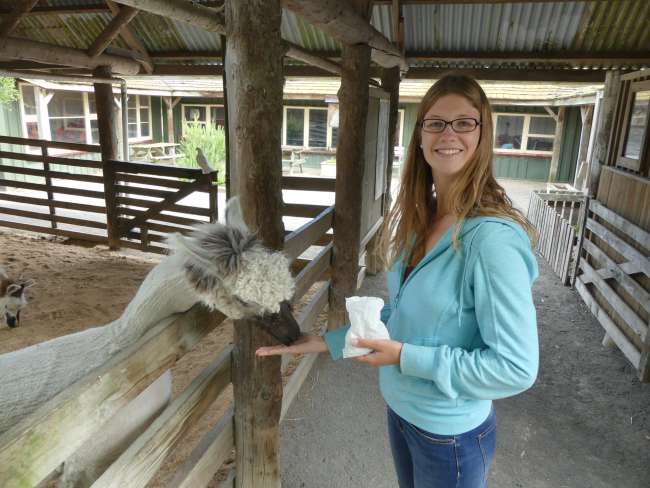
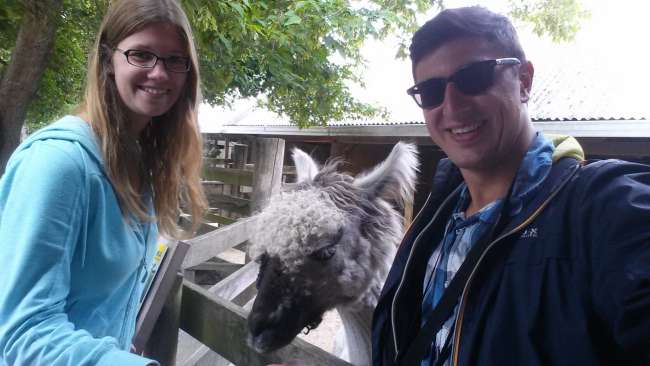
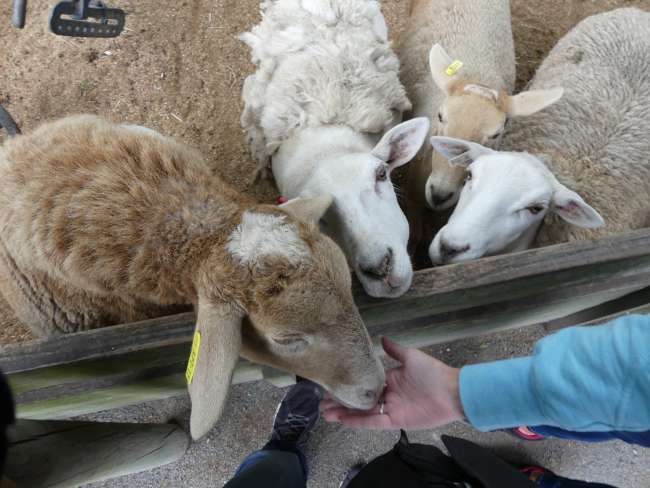
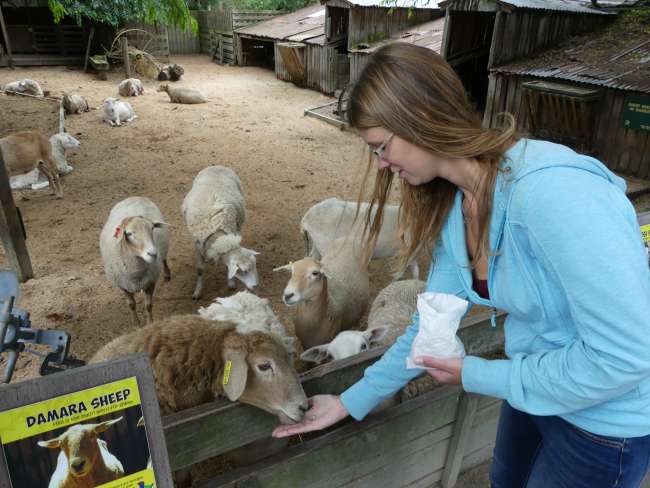
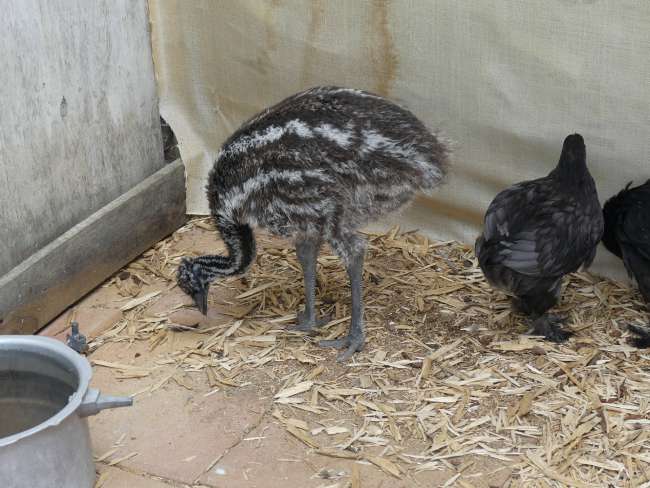
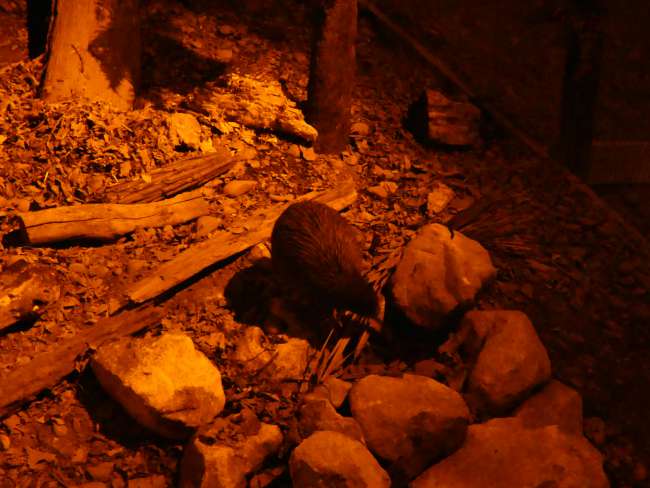
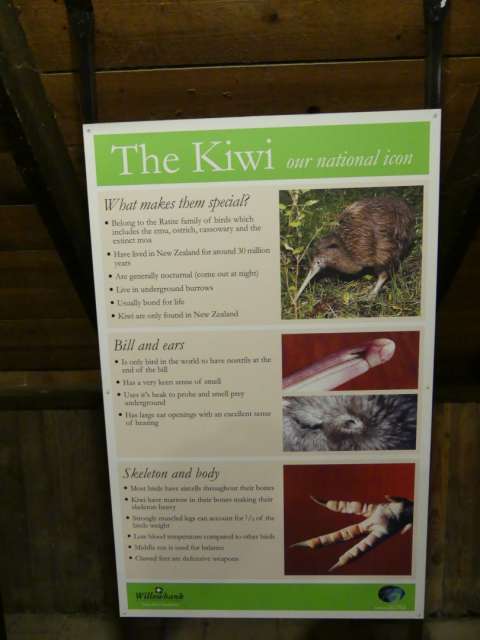
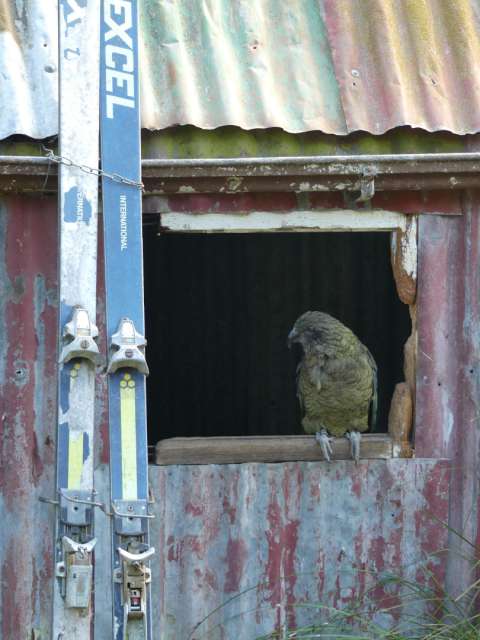
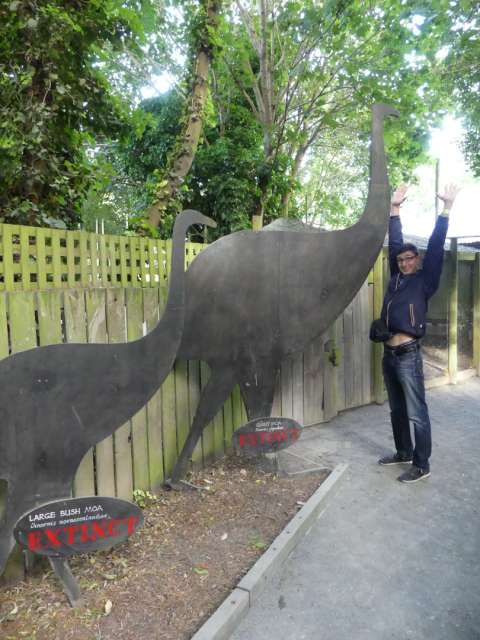
Wewandiise ku lupapula lw'amawulire
On January 23rd, we had our first full day in Christchurch and we wanted to fill it with some sightseeing. So we set our alarm for 7:45 a.m., were glad to see that the weather today was much better than yesterday, and left for the city at 9:45 a.m. There was a free guided tour at 10 a.m., which is organized by volunteers on a donation basis. We learned about this yesterday from Jaci and of course, it's a great opportunity to get to know the city.
The starting point of the tour was Cathedral Square and then we walked through the city for 2 hours. Our guide was okay, not a particularly friendly guy, and unfortunately, we didn't understand everything because his unclear speech was amplified by the microphone. But we visited all the important and special places in the city and learned a lot about its history, including a few Maori words that are used in everyday New Zealand English. Maori is the country's second official language and children also learn it in school, but some words have even replaced the English ones.
One of the main topics of the tour was the city's history of earthquakes. There was a small earthquake last November, but it wasn't so strong. In 2011, there was one that destroyed many buildings and caused the deaths of over 150 people. 115 of them died in a single building that completely collapsed. There is now a memorial place where the building used to be, and a little further away, there is a memorial made up of a collection of white chairs for all the earthquake victims. The city's former landmark, the Cathedral, was also heavily damaged by the earthquake. One of the walls was at risk of collapsing and was supported by a scaffold. Unfortunately, during another earthquake, this very scaffold caused the wall to collapse instead of supporting it. Today, you can visit the ruins of the Cathedral and the scaffold. There are discussions about whether the church should be completely demolished and rebuilt or restored. I have no idea when a decision will be made. By the way, there is already a kind of replacement church. It is located a good distance away and is made of cardboard. That's why it's called Cardboard Cathedral and has now also become a symbol of Christchurch, mainly because of its beautiful colorful windows. I found the church really beautiful, despite its very modern design, and it was really cozy inside.
Another interesting thing related to the earthquakes was the construction of a small town made of shipping containers that can be quickly moved. There are shops, hairdressers, offices, etc. and at one point, all the containers had to move because a huge entertainment center with everything a person needs is being built on the former site. The destruction of the buildings has caused the city to experience a major construction boom, which is still ongoing today. You can't walk down a street without passing a construction site. As our guide said, we are experiencing Christchurch in transition. The city has never looked like this and will never look like this again.
Most of the new buildings in the city are being built to be earthquake-proof, so we also took a look at what a earthquake-resistant building foundation looks like. In the underground parking garage of the Art Gallery, we could see the mechanisms on the pillars that ensure the earthquake vibrations are absorbed and the building doesn't collapse. It was really fascinating!
After the tour, we walked back to the city center because that's where we stopped. There, we watched a circus show that was taking place in front of the Art Gallery. Currently, the World Buskers Festival is taking place in Christchurch, where various street performers perform at different locations in the city and earn money based on what the audience gives them. It's a pretty cool concept and the two artists we saw were really good. We actually wanted to have lunch during their performance, but we didn't have any forks and it's hard to eat noodles with salmon cream sauce with your hands. So we had to get plastic forks from a snack stand after the show and then we ate at Cathedral Square.
At 2 p.m., we took the bus to Willowbank Wildlife Reserve, which we really wanted to visit because of the kiwis there. It wouldn't be right if we were in New Zealand and didn't see any kiwis! The admission fee was $24 for a student, which was okay, and we also bought an ice cream and animal feed at the entrance. We could use the feed for emus, deer, goats, llamas, and sheep, and we fed them all. It was really fun because the animals were sometimes very greedy and you don't usually get to feed an emu, for example. Only in one case it wasn't fun because a llama got so excited about the feed and then spit at me when it didn't get more quickly enough. Yuck, it was disgusting!! Thankfully, it only hit my hair, but the animal still didn't get anything more from me.
The entire reserve area was beautifully designed and we could comfortably walk along the circular path and see all the animals. Towards the end of our visit, we came to the kiwis, which we saw in a nocturnal house. These shy birds are nocturnal, so as visitors, we had the opportunity to see them during the day. The kiwis looked really funny and it was great to watch them dig in the leaves with their long beaks and search for insects under branches and stones. It's a shame that you rarely get to see these birds in the wild!
The Wildlife Reserve closed at 7 p.m. and we walked to the bus stop. After waiting for the next bus for a while, then taking a ride, and then walking a bit more, it was already 8 p.m. when we arrived at our Airbnb. We had sausages with fries for dinner, something simple from the fridge and freezer. After that, we crawled into bed and soon fell into a well-deserved sleep. It was another very long and active day, but it was also a lot of fun and we saw a lot of new things :)
Wewandiise ku lupapula lw'amawulire
Okuddamu (1)
Gabriele
Kann man von Europa aus immer gar nicht glauben mit den Erdbeben in NZL! 
Lipoota z'entambula New Zealand mu ggwanga lya New Zealand

